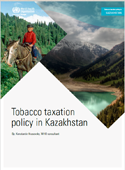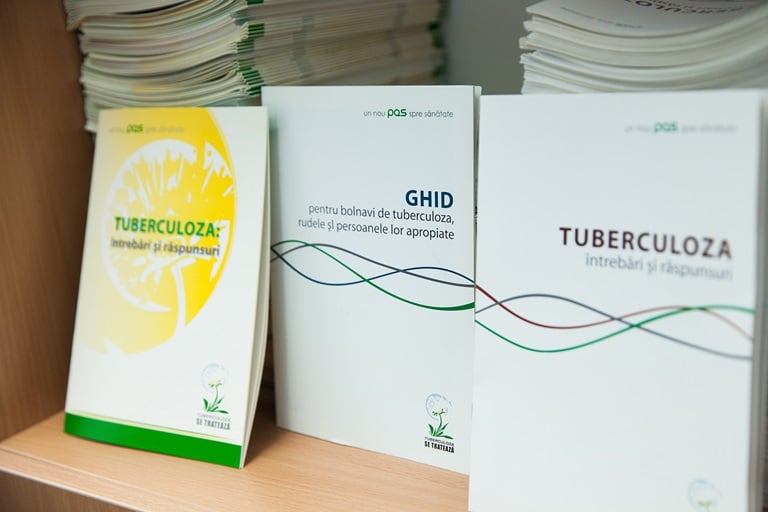Tobacco taxation policy in Kazakhstan

Overview
Kazakhstan increased the cigarette excise rate by 94% in 2014, meaning cigarette prices rose sufficiently to decrease tobacco affordability, which caused a decline in tobacco sales and smoking prevalence in the country. Mortality rates of some tobacco-related causes of death declined substantially between 2013 and 2015 for men and women aged 30–79 years. In previous years, however, Kazakhstan had pursued only moderate tobacco excise growth, ensuring neither increased revenues nor reductions in tobacco consumption. Increasing tobacco taxes, which reduces affordability and consumption, is an effective means of reducing mortality in the country. Further increases in tobacco excise rates can reinforce the health benefits. Kazakhstan has great potential to increase tobacco excise rates in upcoming years. The greater the excise tax increase, the larger the reduction in tobacco consumption and tobacco excise revenue growth will be.









